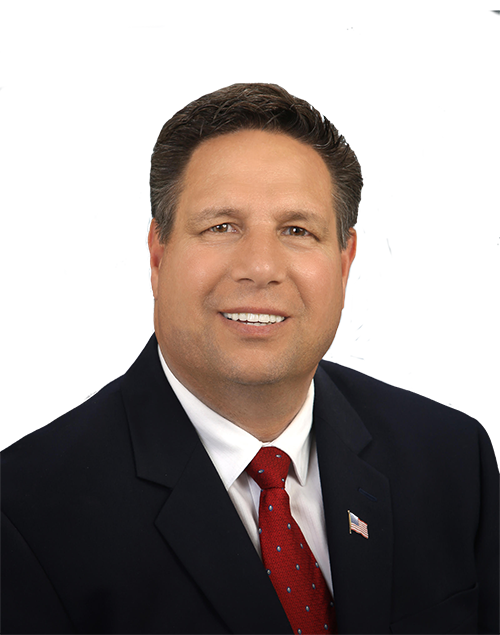My First Six Months as Your New York State Assemblyman
My first six months as your New York State Assemblyman concluded in Albany after a marathon flurry of legislation into the wee hours of several mornings resulting in a disheartening end to the 2019 Legislative Session.
It was disappointing that little was accomplished to improve our state’s economy and ease the tax burden for our citizens and small business. I did, however, work aggressively for and against proposal impacting our business community.
I am pleased that there were a few positive outcomes and I want to share them with you.
One of them, bill A-7540-B, is waiting to be signed by Gov. Andrew Cuomo. It will require a grace period for some small businesses found in violation of certain regulations. To qualify, the business must have fewer 100 employees and be found in first-time violation of agency rules and regulations. It would prevent the imposition of costly fines and penalties in most cases where an honest mistake has been made or a business owner simply didn’t know about the rule.
The National Federation of Independent Businesses points out that this relief is long overdue in a business climate where the state operates in “an aggressive, regressive, and punitive” manner when it comes to the enforcement of new or poorly communicated mandates and regulations. It is almost like the state is purposely throwing obstacles in the path of business growth, so this measure should help.
The Minority- and Women-Owned Business Enterprise Program was renewed and broadened. The program requiring a certain percentage of the subcontractors hired on state contracts to be businesses owned by minorities or women now runs to 2024. The personal net worth cap for these businesses was raised to $15 million from $3.5 million.
The program however is far from perfect. I’ve heard complaints from people involved in the MWBE from my district that administration is slow and the paperwork ponderous, so there is more work to be done to make it efficient and effective.
There is also $300 million to help flood-impacted communities along Lake Ontario, which we are hoping will be available to assist businesses.
Perhaps the best things that came from the end of session were provisions that were left on the table, unaddressed.
Thankfully, there will be no expansion of prevailing wage for new projects. The wage, negotiated by unions, is required to be paid on public works projects. The proposed expansion would have required contractors to pay a negotiated union wage, plus more money to use toward benefits to workers on a wider variety of projects, including those receiving tax breaks.
Brian Sampson, president of the Associated Builders and Contractors Empire State, said any hike in prevailing wage will curtail economic development in the state. It would likely result in lay-offs in other businesses that support construction, from parts suppliers to the restaurants where workers spend the noon hour.
Finally, the New York Health Act -- a single payer healthcare proposal – will not be coming to New York, yet. In a joint public hearing held on the bill, opponents pointed out that it would add substantially to businesses’ tax burden. It would be a tax on hiring and growth by substantially increasing the businesses’ cost of operation. There are many small businesses that would not survive it, or would have to cut workers or raise prices just to stay in operation.
There is no question that there remains plenty of work to be done in the New York State Legislature to make this state more business friendly, or at least less hostile, to small business growth.
If you have any questions or comments regarding this or any other state issue, please contact me. I can be reached by mail at 10 Leach Road, Lyons, NY 14489, by email at manktelowb@nyassembly.gov or by calling 315-946-5166.
